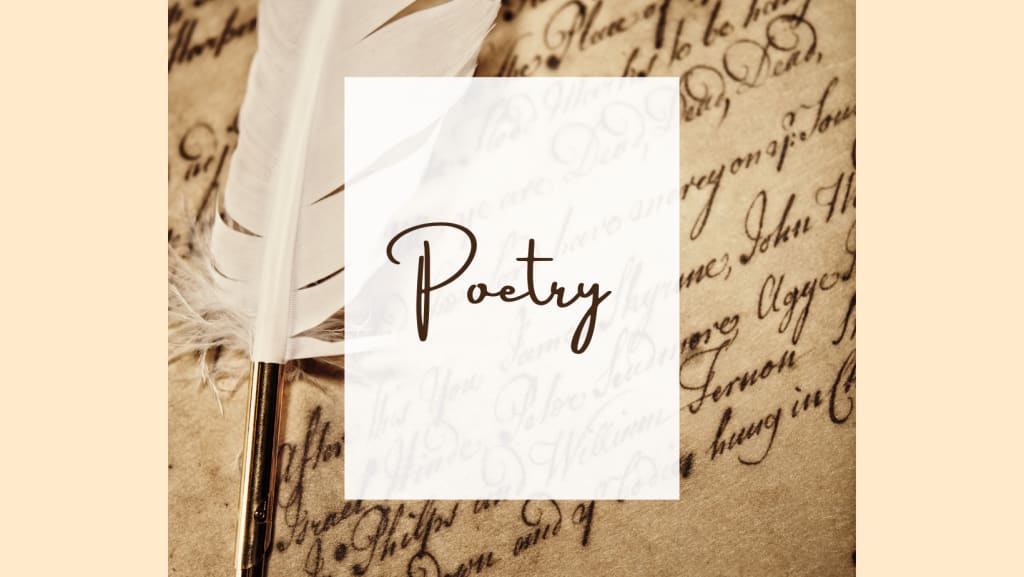
Muhammad Ali's captivating message of unity and friendship resonated with Harvard's graduating class in 1975, but it was the brevity of his subsequent poem, "Me, we," that left the audience in awe. This two-word masterpiece raised an intriguing question: What exactly makes a poem a poem? As poets and artists have explored the boundaries of this ancient art form, poetry has proven to be an ever-evolving concept that defies simple definitions.
Poetry has long been associated with the musical qualities of language. From the sonnets of Shakespeare to the odes of Confucius and the Sanskrit Vedas, rhyme, rhythm, and meter have imbued poetry with a distinct cadence. Condensed language, like literature with all excess water wrung out, is another hallmark of poetry. Intense emotions often find their home in poetry, from the spiritual verses of Rumi to Pablo Neruda's poignant "Ode to an Onion."
Yet, poetry's nature has not been confined to traditional forms. Early poems served as a means of storytelling, even before the advent of writing, and poets like Reinhard Döhl and Eugen Gomringer have blurred the lines between visual art and poetry. E.E. Cummings experimented with the shapes of his poems, amplifying their meanings through visual representation.
The relationship between poetry and music is also a subject of debate. While some may not consider songwriters as poets in a literary sense, lyrics from artists like Paul Simon, Bob Dylan, and Tupac Shakur often possess poetic depth even without the accompanying music. In rap, elements like rhyme, rhythm, and imagery are integral to the form, showcasing the seamless integration of poetry and music.
Line breaks have long been a recognizable feature of poetry, aiding readers in navigating the poem's rhythm. However, the emergence of prose poems challenges this notion. Prose poems retain the vivid imagery and wordplay of poetry but present themselves as paragraphs, questioning the necessity of line breaks in defining poetry.
When we broaden our view of poetry from a fixed form to a conceptual idea, we realize that poetry can be found all around us. From spiritual hymns to the powerful speeches of orators like Martin Luther King Jr., JFK, and Winston Churchill, poetic language touches various facets of life, including surprising places like social media.
As poetry continues to evolve, it transcends boundaries and blurs distinctions. The interplay between poetry, prose, song, and visual art has become more fluid than ever before. However, the essence of poetry remains constant—it is about creation. The term "poetry" originated from the ancient Greek "poiesis," meaning to create. In this light, poets are like skilled craftsmen, forging new understandings and exploring the human experience in ways unique to our kind.
In a fascinating experiment, researchers at Dartmouth tested the boundaries of poetry by challenging robots to write sonnets. While artificial intelligence has found success in various fields, poetry proved to be a domain where human creativity triumphs. The judges effortlessly distinguished the poems crafted by humans from those produced by machines, reaffirming the inherent connection between poetry and the human spirit.
In the end, poetry remains an enigma—an art form that encompasses the magic of language, the melody of music, and the boundless creativity of the human mind. Its waters run wide and deep, encompassing an array of styles, genres, and expressions. Poetry's journey continues, as poets and artists push its boundaries, leaving us marveling at the limitless possibilities that reside within those carefully chosen words.





Comments
There are no comments for this story
Be the first to respond and start the conversation.